When Aisha Martinek heard about the Colorado State University Extension summer internship, she was immediately intrigued by the opportunity to apply her liberal arts degree to solve agricultural issues in Colorado. While she thought she knew what she was signing up for, Martinek was surprised by the harsh realities of the community she was tasked to help upon admittance into the internship program.
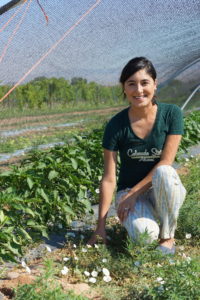
Martinek’s internship placed her in the Tri-River County Extension office to conduct research, educate, and help solve problems regarding food insecurities in Grand Junction. The high levels of poverty on the Western slope proved to be an unfamiliar, but worthwhile, challenge for Martinek as she developed nutrition outreach programs in her community alliance for education and hunger relief role.
“It took an emotional toll,” said Martinek. “It’s good because it’s important to not live in a bubble and know what goes on first hand. But it’s a whole new world.”
CSU Extension rooted in land-grant mission
CSU Extension is a publicly funded land-grant program that was established in 1912. Their mission is to educate, research, and provide science-based solutions to unique problems facing over 60 counties in Colorado. Their internship program is highly competitive as they only accept 11 interns each summer.
For the summer of 2018, four students from the College of Liberal Arts secured spots in the unique internship opportunity. Each student was sent to different counties in Colorado and was tasked with research ranging from implementing after-school programs to providing marketing and communication to diverse audiences.
- Madison Tatum, economics major, worked in Larimer County Extension to support marketing and communications research and delivery
- Carter Hill, political science major, worked in Park County Extension to plan and implement an after-school program for community development
- Kristin Maxwell, french major, worked in Routt County Extension on issues of rangeland health
- Aisha Martinek, interdisciplinary liberal arts major, worked in Tri River Area Extension to evaluate and expand the nutrition education program in the community
Missions and goals to better the community
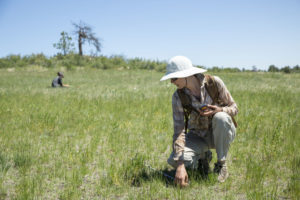
Each intern had different goals based on the unique challenges facing each community. Kristin Maxwell, senior French major with an interdisciplinary agriculture minor, helped calibrate an app created for landowners lacking background knowledge of botany or soil to help them better manage their land. This app was designed to implement rapid rangeland health assessments by focusing on vegetation and soil to help farmers become better equipped to handle the responsibilities of running a farm.
Maxwell was also responsible for the outreach and communication between the app creators and farmers throughout the county.
“Both my liberal arts degree and the agriculture degree were incredibly useful during the entire internship,” said Maxwell. “Not a lot of people would think that the liberal arts degree is important in this field, but it was actually just as important.”
“It helped with overall daily communication with ranchers and the outreach piece of the job,” Maxwell added. During evaluation protocols, she was responsible for observing interactions on the farm, including engagement between animals and the farmers or importance of the new app.
Martinek – an Interdisciplinary Liberal Arts major with a food industry and management minor and Department of Agriculture research economics concentration – took to the streets of Grand Junction to fight the food crisis by creating outreach material for educating those in the community about public health, directly targeting food pantry clients.
“We were doing nutrition outreach that no one else is doing,” said Martinek. Collaborating with CSU Extension and food pantries around the Tri-River extension county, Martinek was educating the public with effective approaches and intervention strategies like labeling produce, providing recipe cards, and giving volunteer training to inform people within the food pantries.
“I did see that labels placed on the shelf at eye-level that were bright, colorful, and simple were really effective in guiding people to healthier options,” added Martinek. “My liberal arts degree played a huge role because when you have a problem like food insecurity, you have to consider social, economic, and cultural perspectives which I’ve learned how to do at CSU.”
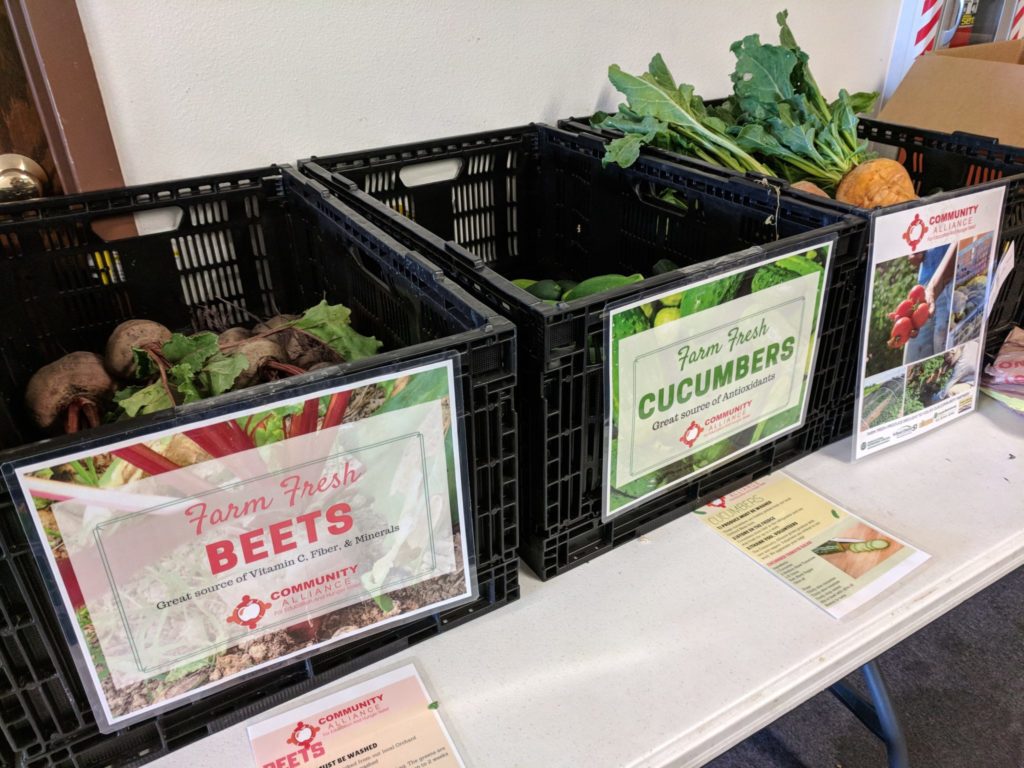
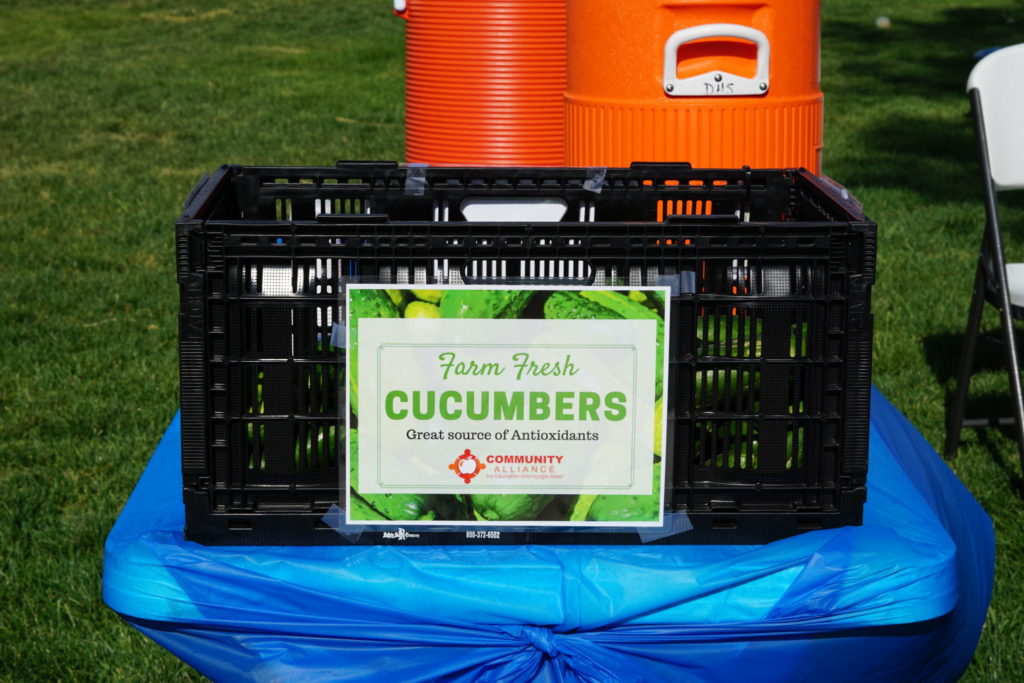
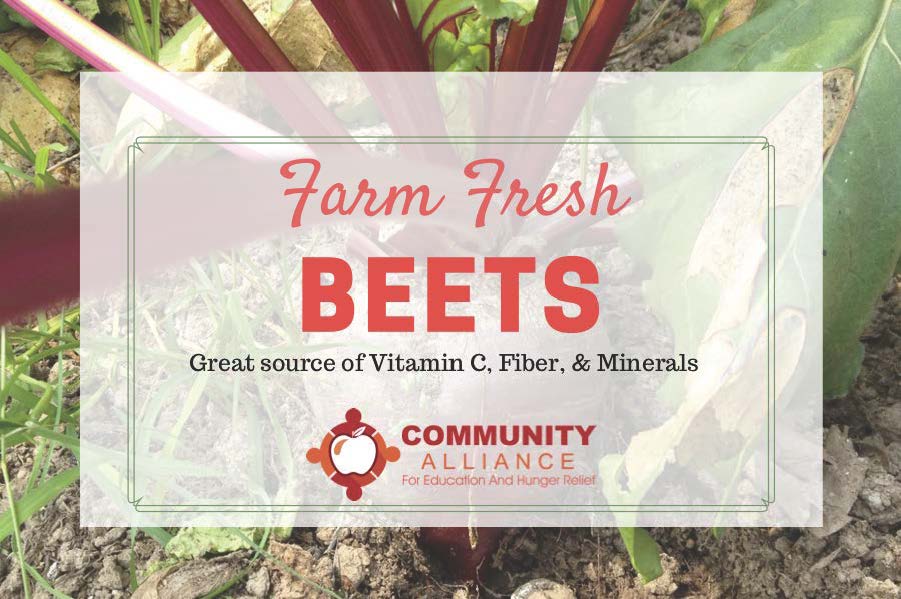
Mentors enhance experience
Each intern was assigned mentors who specialize in the research they were investigating, giving them a helpful resource for their internship and future careers. While Maxwell was accumulating research for the piloting of the app, one of her seven mentors, Kevin Jablonski from the Department of Forest and Rangeland Stewardship, helped organize trips and outreach with app creators.
“He was so helpful in giving me a source of further knowledge and different resources to make my research and ideas better,” said Maxwell.
While Martinek was researching different intervention strategies and observational tests for her final project through the internship, Ann Duncan of the Tri-River Extension gave her critical experience through letting Martinek shadow her in her daily duties and meetings, as well as spearheading her research focus through direct academic journals and resources.
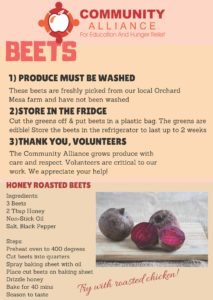
“Aisha did a nice job at evaluating our effectiveness and searching for additional options for outreach,” said Duncan. “I was very pleased that this internship was a successful partnership between a CSU graduate, CSU Agriculture Research Station, and CSU Extension.”
Applying their internship skills after graduation
While some of the realities facing communities around Colorado are difficult and take a toll on those trying to help, they create indispensable learning opportunities for the interns to take with them in the future. Both Maxwell and Martinek note that because of their degrees, they have learned to be critical thinkers and can better communicate with those around them.
“The key to a liberal arts degree is they create critical thinkers,” Martinek noted. Industries are on the lookout for thought leaders and strategic thinkers to better evolve the economy, and Martinek believes her degree gives her the power and versatility to do just that.
After graduation, Maxwell and Martinek plan on using the Extension experience to leverage future career opportunities. Maxwell plans on applying her knowledge of farm operations and rangeland management to build a better ecosystem on her family farm in Red Feather, Colo. Martinek, who recently graduated from CSU, has a position lined up in a business development role and hopes to work in food systems.
As a culmination of the internship, all interns will present a poster of their experience and applied research at CSU Extension’s Annual Forum on October 25 from noon-1:30 p.m. in the Lory Student Center Ballroom 350 CD. All are welcome to attend, but registration is required.
The Department of Political Science, Department of Languages, Literature, and Cultures, the Department of Economics, and Interdisciplinary Liberal Arts are in the College of Liberal Arts.